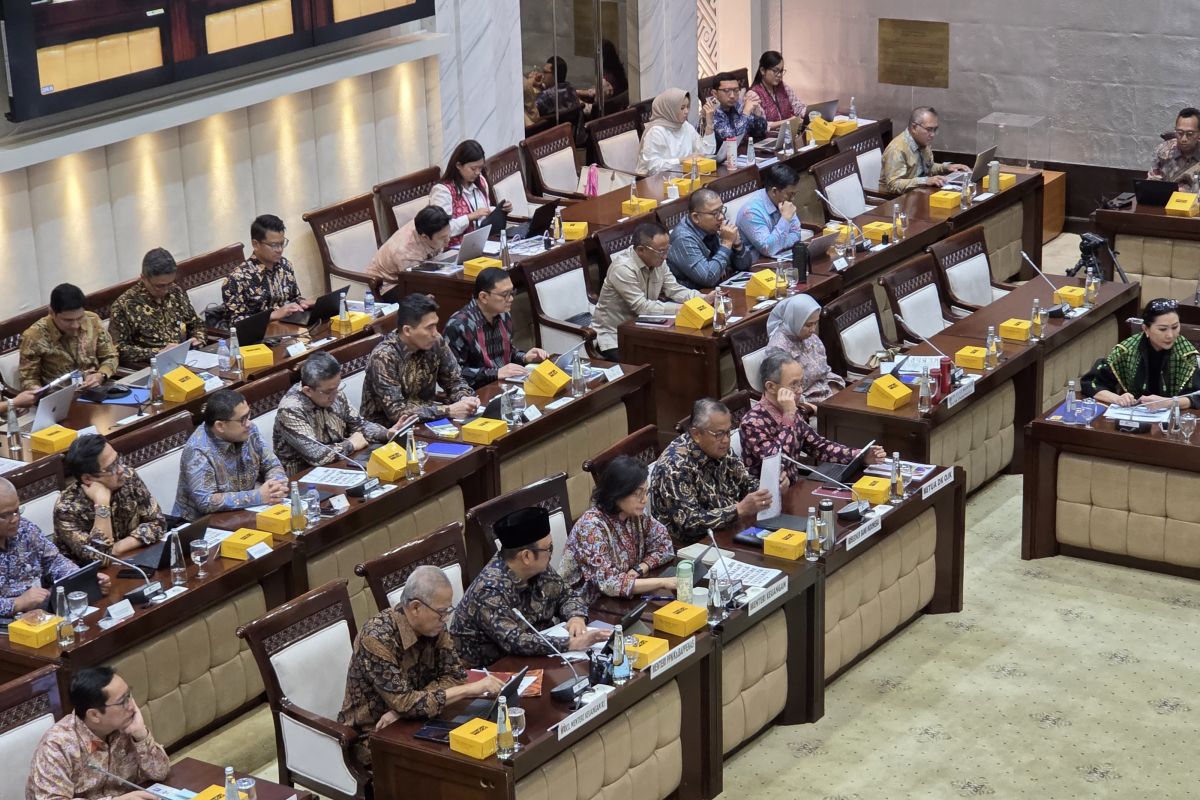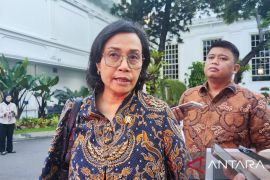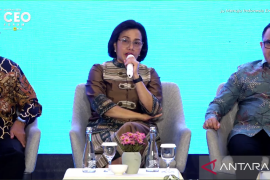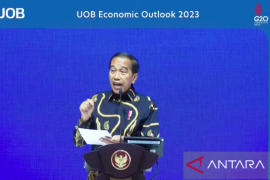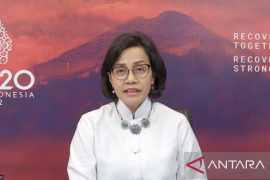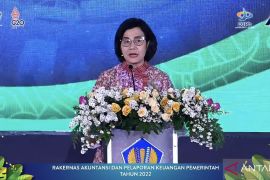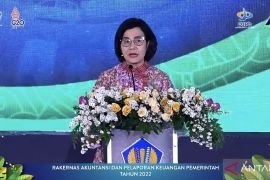As a state-owned agency, Danantara needs to act as a catalyst for growth, rather than eliminating the role of the private sector, she said during a working meeting with Commission XI of the House of Representatives in Jakarta on Thursday.
“Danantara will play a major role in determining whether our investment increases because Danantara is state-owned. If it plays dominantly without being able to attract investors, then crowding out will occur,” she said.
However, if the agency manages to attract more private investors, then it can play a strategic role as a catalyst for economic growth, she added.
“If Danantara’s investment is able to attract the private sector, then Danantara can become a catalyst. So, this is something that needs to be continuously echoed. We have been communicating continuously with Danantara,” Indrawati informed.
She said that although the Indonesian economy managed to grow 4.87 percent year on year in the first quarter of 2025 amid global uncertainty, weak investment growth during the period is a signal that needs to be watched carefully.
The gross fixed capital formation (GFCF) or investment growth grew by just 2.1 percent year on year in the first quarter.
"If we want the economy to grow 5 percent, investment also needs to grow by around 5 percent because investment represents 28 percent of our gross domestic product (GDP),” the minister explained.
As reported earlier, Minister of National Development Planning and the head of National Development Planning Agency (Bappenas), Rachmat Pambudy, said that Indonesia is targeting to pull in Rp8.297,8 trillion to support 6.3 percent economic growth by 2026.
“Based on the Bappenas calculation scenario, it needs a total of Rp8,297.8 trillion in investment to achieve the economic growth target of 6.3 percent in 2026,” he revealed.
Most of this investment -- up to Rp7,467.1 trillion or 89.99 percent -- is expected to come from the private sector. State-owned enterprises (BUMN) could contribute Rp480.8 trillion or 5.79 percent, and the remaining Rp349.91 trillion or 4.22 percent could come from the government.
Investment policies would be directed at building a conducive investment climate, as well as encouraging the involvement of BUMN and the private sector in the development of projects with high added value.
“We re-emphasize the importance of synchronizing planning and budgeting and supporting productive investment, especially in the agriculture, energy, renewable energy, manufacturing, and digital economy sectors,” Pambudy said.
Related news: Indonesia needs $465 bln in new investments for 2026 growth: minister
Related news: Finance Minister highlights deregulation to spur investment
Translator: Martha Herlinawati Simanjuntak
Editor: Primayanti
Copyright © ANTARA 2025
